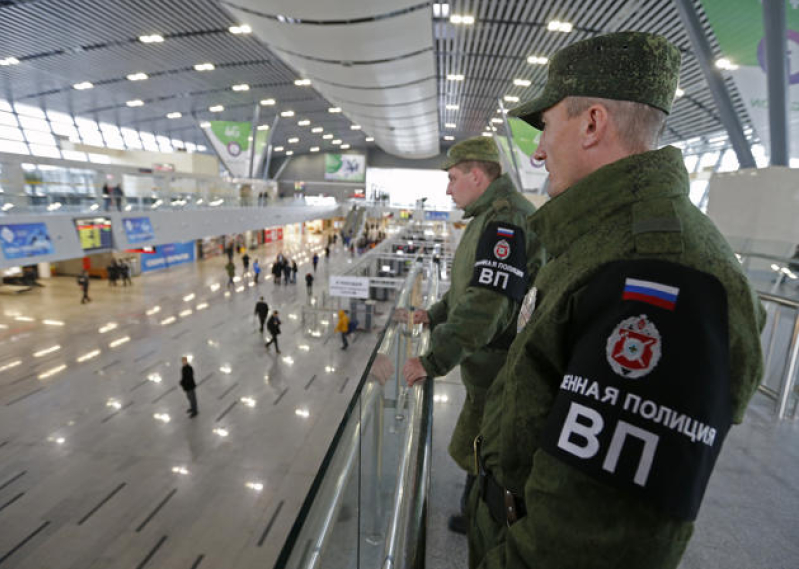
Concerns have been raised regarding the upcoming Sochi Winter Olympics after a militant group in Dagestan posted up a video on Sunday, warning of a "surprise package," but Russian President Vladimir Putin stressed that his country has stepped up in security and is ready to handle any threat.
Russian police have been handing out fliers that feature a picture of a woman in a hijab, identified as Ruzana "Salima" Ibragimova, 22. Authorities have asked hotels and workers to be on the lookout for her. The flier states that she may be involved in organizing "a terrorist act within the 2014 Olympic region." Media reports describe Salima as a "Black Widow" - a type of terrorist made up of women whose husbands or family members have been killed by police. Black Widows have been blamed for the suicide bombing attacks in Russia.
Experts stated on Monday that this woman is one of many the Russian police are trying to find. Recent speculations reveal that there are two more supposed "Black Widows" involved with the terrorist plot.
"I guarantee they're talking about this one black widow," former CIA officer Mike Baker said, "but there are others that they're also worried about."
Putin insisted on television on Sunday that all measures are being taken to ensure the safety of the games. He claims that about 40,000 police officers and security agents aided by troops are being deployed. According to a report by CNN, an unnamed U.S. Security official said that the Pentagon will have two warships and a number of C-17 transport aircraft on standby in the region to assist Russian security services in responding to terrorist attacks.
However, U.S. military cannot do anything to help the 15,000 Americans making the trip to Sochi unless Moscow requests for assistant.
"We can't do anything without the permission of the Russian services," said Mike Baker. "Cooperation does seem at this point to be lacking."
Rep. Mike Rogers, chairman of the House Intelligence Committee, also took issue with the Russian government regarding the threat stating, "Their level of concern is great, but we don't seem to be getting all of the information we need to protect our athletes in the Games. I think this needs to change, and it should change soon."
Several athletes who will be attending the Winter Olympics have not shown much worry over safety. Tara Lipinski, who won a gold medal in the 1998 Winter Olympics, told CNN, "There have been so many threats at the Olympics. I think athletes are used to that, and they know that, OK, we're going to hear about this. But when we go, we have people that are surrounding us and telling us where we should be and where we shouldn't be. And hopefully they do feel safe." Lipinski said she will be in attendance at the games.
Canadian freestyle skier Alexandre Bilodeau also has no concerns over safety.
"Russia invested so much money," he told CTV News. "They want to look good. They will look good."
Julie Thibaudeau, mother of Mikael Kingsbury of the Canadian Freestyle Ski team, said she is concern over the safety of her son.
"Yes I'm concerned!" she said. "I'm a mom!"
Frances Fragos Townsend, a national security analyst for CNN, said the competitors should not have to worry about their safety, but families and tourists should be concerned.
"They'll go to real extremes to protect the athletes and the venues. ... There's a big falloff, though, when you talk about the families and the tourists," Townsend said. "There really is, I think, a far greater vulnerability."







